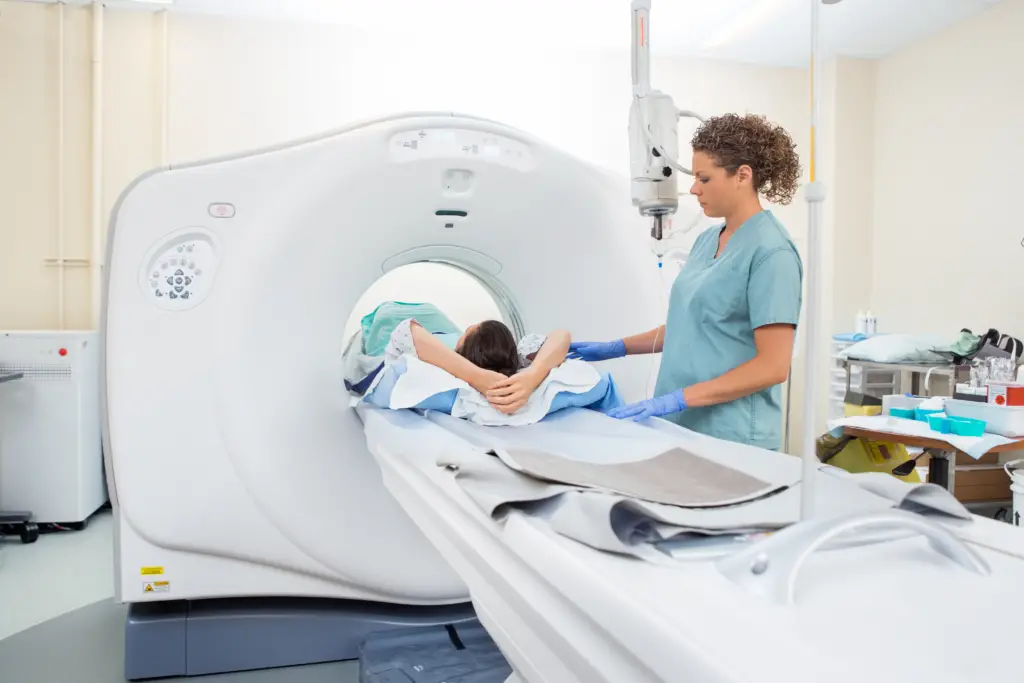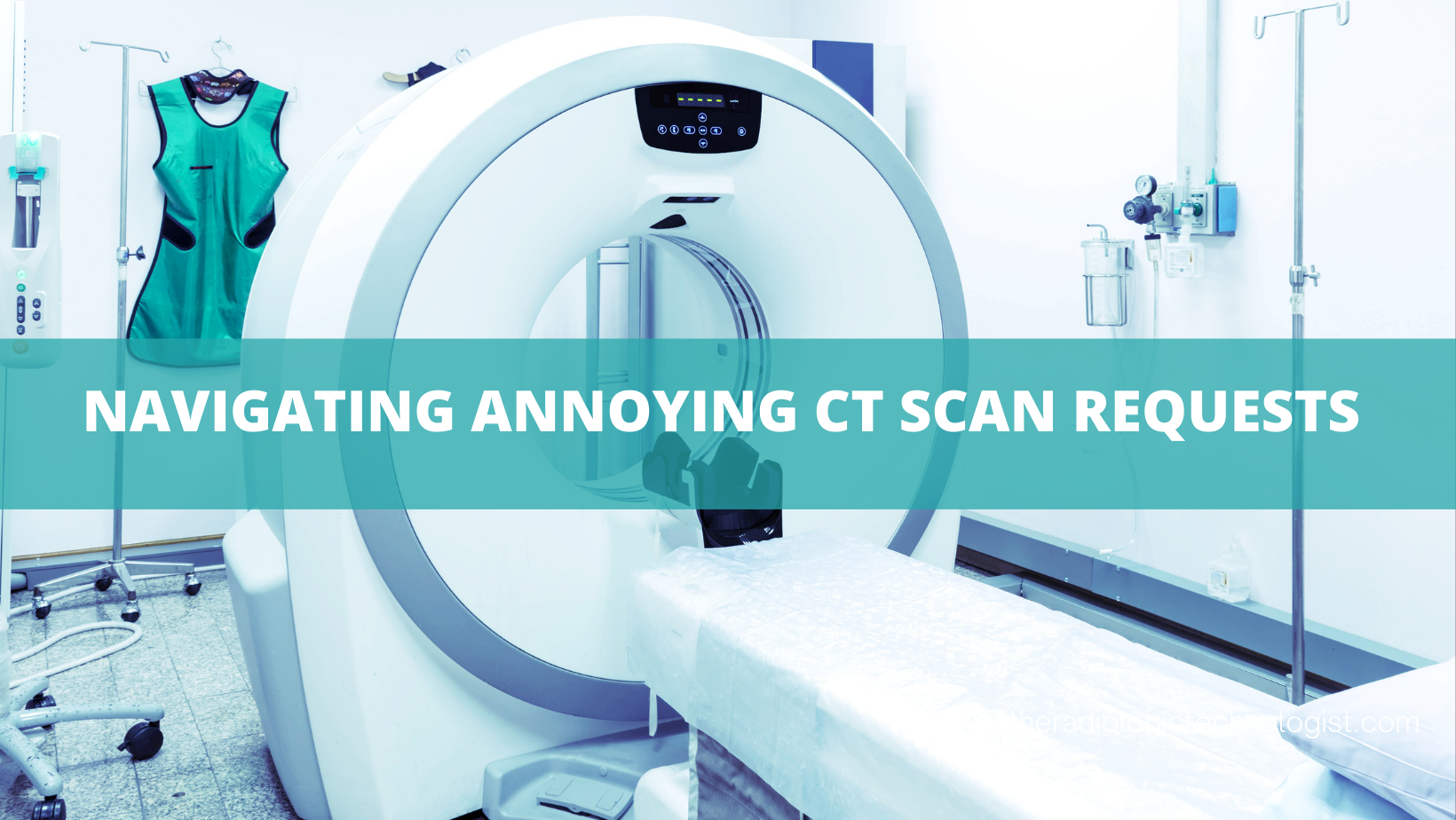If you’re planning to join a Radiology program or are already enrolled in one, understanding the course load and the demands it places on your time is vital. Radiology programs are demanding, and knowing what to expect can help you succeed and make the most of your time.
Here, we’re sharing insights from students and graduates who have navigated the rigours of these programs, alongside some tips to help you manage the workload effectively.
Understanding the Course Load
The number of courses per semester in Radiology programs can vary depending on the institution and the program’s specifics.
Some students have reported taking two to four courses per semester, with courses often divided into a mix of lectures, labs, and clinical work.
Summers can be less loaded, with typically two courses being the norm.
For many, the program involves a significant amount of reading, some math (mostly involving basic formulas), alongside a rigorous clinical schedule, which can include up to 40 hours a week of clinical rotations.
Working While Studying
Balancing work and studies is a common challenge. Some students manage to work full-time while studying, but most recommend reducing work hours or even taking time off work if possible. Part-time or per diem work is often a more feasible option.
Preparation and Pre-requisites
Completing prerequisite courses before starting the Radiology program can lighten the load significantly. Once the program begins, you can focus solely on the Radiology-specific classes.
Tips for Managing the Workload
Time Management
Effective time management is critical with a demanding schedule of classes, clinical rotations, and self-study.
Plan your week, prioritizing essential tasks and allotting study, rest, and leisure time.
Use digital tools like calendars and task management apps to keep track of your assignments and deadlines.
Self-care
Amidst the hectic schedule, don’t forget to take care of your physical and mental health.
Regular exercise, a healthy diet, and sufficient sleep are all crucial for your well-being and academic performance.
Yoga, meditation, or quiet walks can also aid in stress management.
Study Efficiently
Master effective study techniques for you—group study, flashcards, or interactive learning platforms.
Always aim for quality over quantity when studying. Break down complex topics into manageable chunks, and remember that consistent review is better than cramming.
Seek Support
Don’t hesitate to seek help when you need it, whether from your professors, fellow students, or academic advisors.
They can provide guidance, study tips, or emotional support during stressful periods.
If your institution offers tutoring or educational success workshops, don’t shy away from using these resources.
Stay Motivated
Remember your end goal and why you chose to pursue this path. Staying motivated can help you navigate the challenging times. Create a vision board or journal about your journey to keep your aspirations at the forefront.

Conclusion
Joining a Radiology program is an exciting step towards a rewarding career. It’s a journey that requires dedication, hard work, and resilience, but with adequate planning, a positive mindset, and the proper support, you can navigate this journey successfully.

